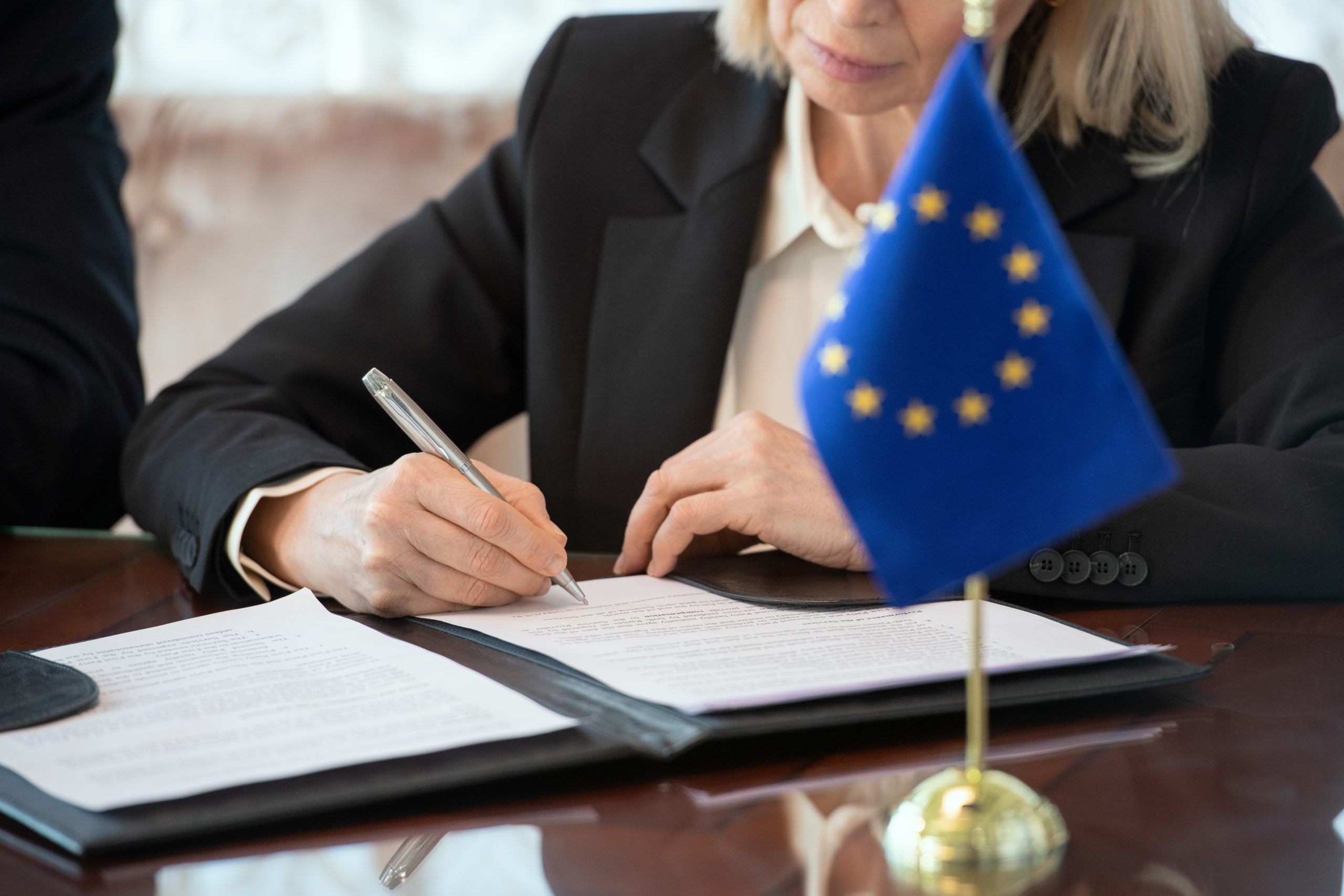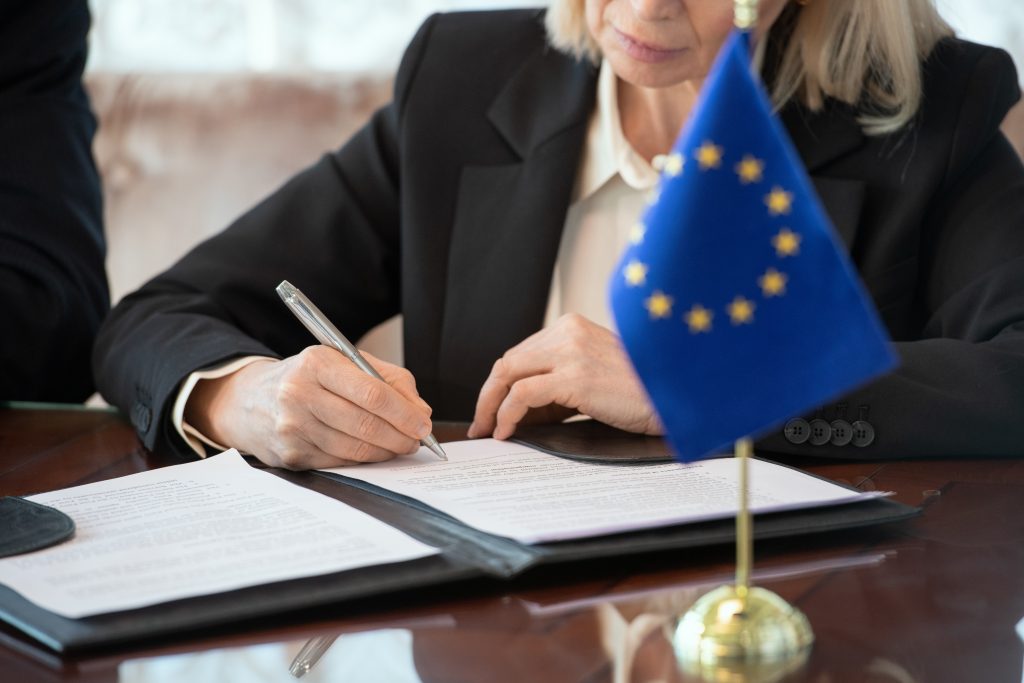
When considering expanding your business to sell products in the European Union (EU), particularly in Germany, one of the first questions that may arise is whether you need an established company in the EU. The answer to this question depends on several factors, including your business model and the specific requirements of the countries where you plan to sell your products, but we will review it from an e-commerce and retail perspective.

No EU-based Office Necessary
Contrary to popular belief, it is not always necessary to have a physical office or operations within the EU to sell products there. Many businesses, especially those engaged in e-commerce, can successfully sell their products to EU customers without a local presence. This is particularly true for companies that use a third-party logistics provider (3PL) or a fulfillment center to store and ship their products.
However, while a physical office may not be required, there are still certain legal and tax obligations that businesses must meet to sell products in the EU.
VAT Registration
One of the most important requirements for selling products in the EU is registering for Value Added Tax (VAT). VAT is a consumption tax that is applied to most goods and services sold within the EU. As a seller, you are responsible for collecting VAT from your customers and remitting it to the appropriate tax authorities.
To register for VAT, you must first determine where you will be storing your products within the EU. This is important because you will need to register for VAT in the country where your goods are stored, even if you do not have a physical office there. For example, if you store your products in a fulfillment center in Germany, you will need to register for VAT in Germany, regardless of whether you have a German office.
EORI Number
In addition to VAT registration, businesses selling products in the EU must also obtain an Economic Operator Registration and Identification (EORI) number. An EORI number is a unique identification number that is used to track customs information for goods entering or leaving the EU.
To obtain an EORI number, you must apply through the customs authority of the EU country where you are registered for VAT. Once you have an EORI number, you will be able to import and export goods between your home country and the EU more easily.
Advantages of Registering a Business in the EU
While it is not always necessary to establish a company in the EU to sell products there, there are certain advantages to doing so. One key advantage is the ability to deduct business expenses if you plan to purchase products within the EU. By registering a business in the EU, you can deduct all relevant expenses, which can lead to significant tax savings.
Additionally, if you anticipate incurring substantial expenses within the EU, such as for marketing, advertising, or hiring local staff, having an EU-registered business can simplify the process of managing and deducting these expenses.
Advantages for Established Businesses in Certain Countries
Companies that are already established in certain countries, such as the United Kingdom, United States, Canada, and Australia, may have an advantage when it comes to selling products in Germany and other EU countries. This is because the processes for obtaining a VAT number and selling as a foreign company are well-established and relatively straightforward for businesses from these countries.
In many cases, the EU has specific agreements and protocols in place with these countries, which can streamline the process of registering for VAT and complying with other legal requirements. As a result, businesses from these countries may find it easier to navigate the complexities of selling products in the EU compared to businesses from other parts of the world.
Conclusion
In summary, while having an established company or physical office in the EU is not always necessary to sell products there, businesses must still comply with certain legal and tax requirements. This includes registering for VAT in the country where products are stored and obtaining an EORI number for customs purposes.
However, there are certain advantages to registering a business in the EU, particularly if you plan to purchase products within the EU or incur significant expenses there. Additionally, companies from the UK, USA, Canada, and Australia may find it easier to navigate the process of selling products in Germany and other EU countries due to well-established procedures and agreements.
As always, it is recommended to consult with legal and tax professionals to ensure compliance with all applicable regulations and to determine the best approach for your specific business needs when selling products internationally.